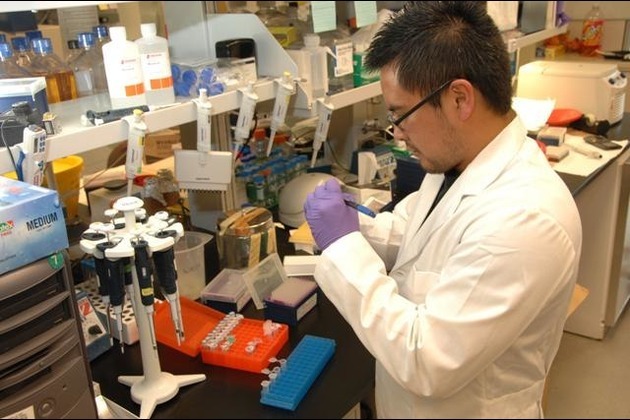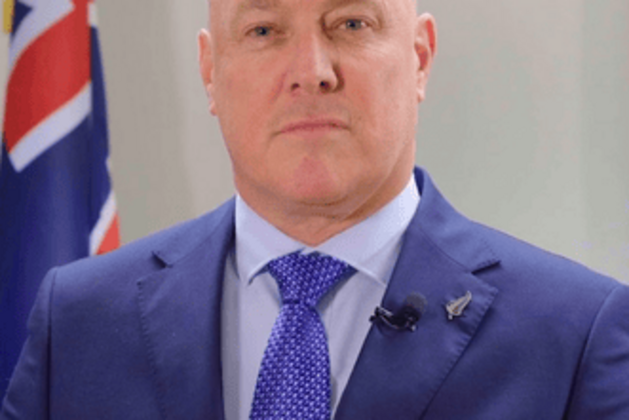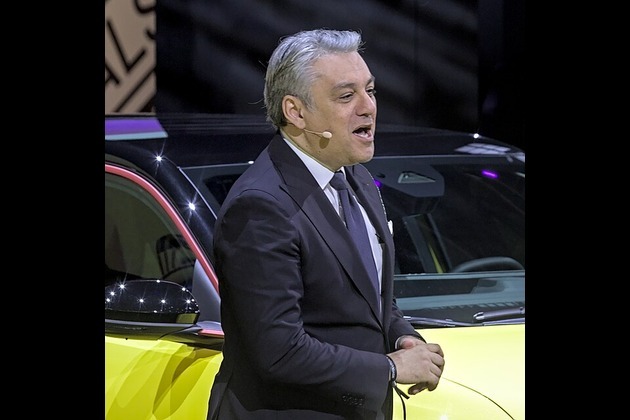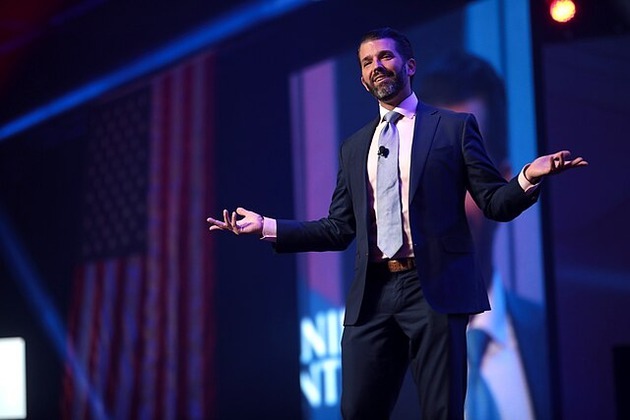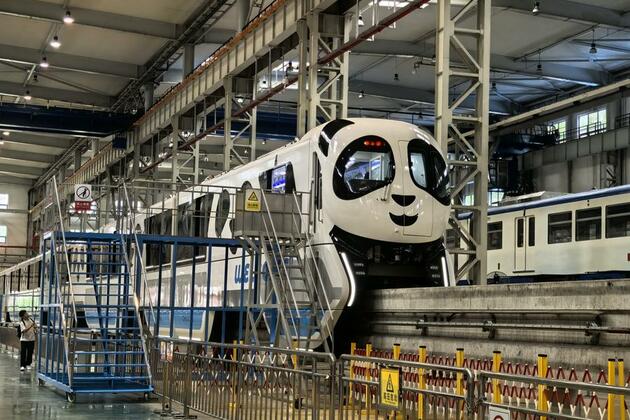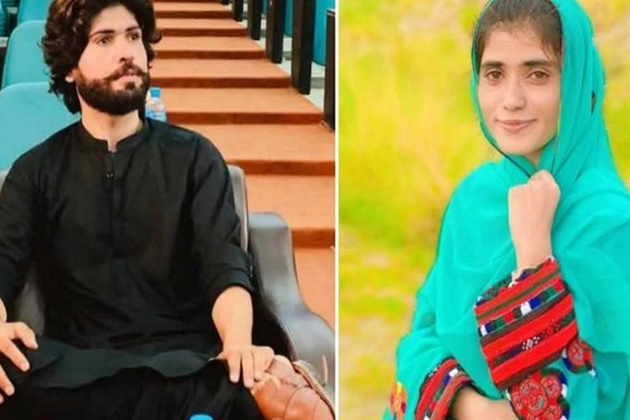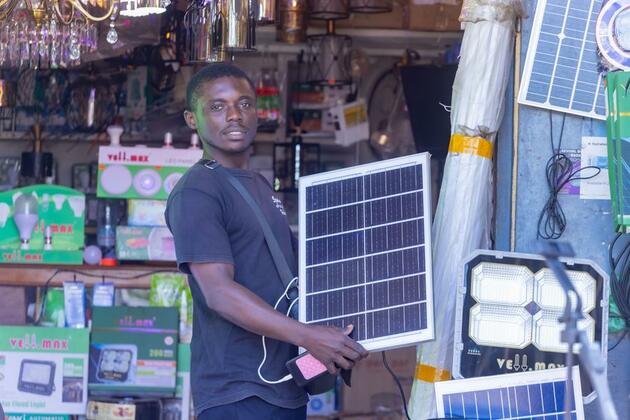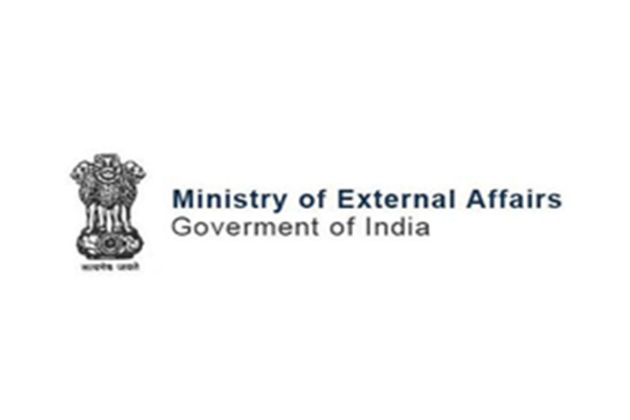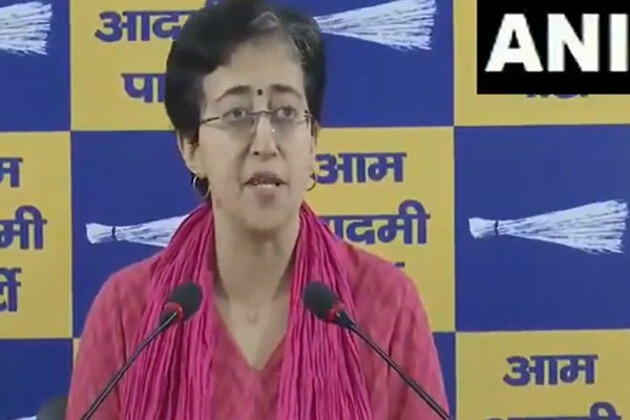IIT Guwahati develops low-cost water treatment system to remove fluoride, iron
ANI
20 Jun 2025, 17:49 GMT+10
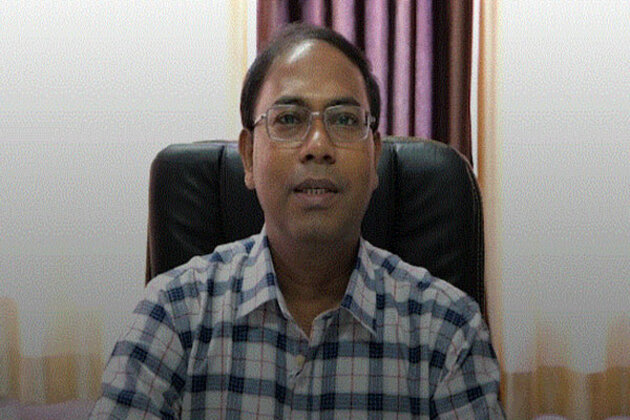
Guwahati (Assam) [India], June 20 (ANI): The Indian Institute of Technology (IIT) Guwahati researchers have developed a community-scale water treatment system that removes fluoride and iron from groundwater. The efficient system can treat up to 20,000 litres of contaminated water per day, offering a low-cost solution for areas with poor access to safe drinking water.
The findings of this research have been published in the prestigious ACS ES&T Water journal in a paper co-authored by Prof. Mihir Kumar Purkait, along with Post-Doctoral Research Associates, Dr. Anweshan, and Dr. Piyal Mondal, and research scholar Mukesh Bharti from the Department of Chemical Engineering, IIT Guwahati.
Fluoride, a mineral generally used in dental care products, pesticides, fertilizers, and some industrial processes, can enter groundwater either naturally or through human activities such as agriculture and manufacturing.
Consumption of water with excess fluoride presence can lead to skeletal-fluorosis, a serious health condition in which bones harden and joints become stiff, making physical movement difficult and painful.
In India, states including Rajasthan, Telangana, Andhra Pradesh, Karnataka, Haryana, and Gujarat, among others, face high levels of fluoride in groundwater.
The IIT Guwahati research team developed a 4-step system that ensures a cost-effective and energy-efficient technology for contaminated water treatment.
In this, the contaminated water goes through the process of: -
Aeration - which starts with a specifically designed aerator that adds oxygen to the water, helping remove dissolved iron
Electrocoagulation - the water then moves into the electrocoagulation unit, where a mild electric current passes through aluminium electrodes. This process releases charged metal particles (ions) that attract and bind with contaminants
Flocculation and setting - in this process, the charged ions bound with contaminants form large clumps. These clumps are thickened in the flocculation chamber and allowed to settle
Filtration - after settling of the aggregations, the water passes through a multi-layer filter made of coal, sand, and gravel to remove remaining impurities.
Speaking about the developed technology, Prof. Mihir K. Purkait, Department of Chemical Engineering, IIT Guwahati, said, 'In the electrocoagulation process, an electric potential is applied to dissolve a sacrificial metal anode, typically aluminium or iron, generating coagulant species directly in the solution. Simultaneously, hydrogen gas evolves at the cathode. These coagulants help aggregate suspended solids and adsorb or precipitate dissolved contaminants.'
'The hydrogen and oxygen bubbles produced during electrolysis interact with air bubbles, assisting in lifting pollutant particles to the surface. The selection of electrode material depends on factors like low cost, low oxidation potential, and high electro-positivity after dissolution. Among available options, aluminium has proven highly effective, particularly in the removal of iron, arsenic, and fluoride under optimal operational conditions,' Purkait added.
The research team tested the developed system under real-world conditions for 12 weeks and recorded consistent performance. The results have shown removal of 94 per cent iron and 89 per cent fluoride from the wastewater, bringing the levels within safe limits set by Indian standards.
A key feature of the developed system is its cost effectiveness, with Rs. 20 per 1000 liters of treated water, making it highly affordable.
The developed technology requires minimal supervision and has a projected lifespan of 15 years with electrode replacement scheduled every six months. The study proposes a method to estimate electrode life using a built-in safety factor to ensure timely maintenance.
As a pilot project, in support with the Public Health Engineering Department of Assam, the developed technology has been successfully installed by Kakati Engineering Pvt. Ltd. in Changsari, Assam.
Speaking about the future scope of this research, Prof. Purkait stated, 'We are also exploring the use of solar or wind power to operate the unit and to utilise the hydrogen gas generated during electrocoagulation process. By integrating smart technologies such as real-time sensors and automated controls, we will be able to further reduce the need for manual intervention, making the system more effective for remote and underserved areas.'
Additionally, the research team aims to combine this system with other water treatment methods to enhance its performance and making it a decentralised water treatment solution. (ANI)
 Share
Share
 Tweet
Tweet
 Share
Share
 Flip
Flip
 Email
Email
Watch latest videos
Subscribe and Follow
Get a daily dose of Professional Autos news through our daily email, its complimentary and keeps you fully up to date with world and business news as well.
News RELEASES
Publish news of your business, community or sports group, personnel appointments, major event and more by submitting a news release to Professional Autos.
More InformationBusiness
SectionMitsubishi joins automakers raising prices after import tariffs
WASHINGTON, D.C.: Mitsubishi Motors is the latest automaker to raise prices in the United States, joining a growing list of car companies...
Lilly makes $1.3 billion move to expand into gene-edited heart drugs
INDIANAPOLIS, Indiana: Eli Lilly is making a bold play in cardiovascular gene therapy, announcing plans to acquire its partner Verve...
New Zealand PM seeks stronger ties with China amid security talks
BEIJING/WELLINGTON: New Zealand's Prime Minister Christopher Luxon commenced his visit to China on June 17, seeking to strengthen trade...
U.S. on edge as Israel-Iran conflict escalates
NEW YORK, New York - U.S. stocks made only minor moves in both directions,Thursday, as investors fretted about the Israel-Iran conflict...
Luxury giant Kering bets on outsider de Meo to lead turnaround
PARIS, France: Luxury group Kering's decision to tap Luca de Meo as its next chief is being seen as a daring but necessary attempt...
Trump family enters telecom with branded phone, mobile service
NEW YORK CITY, New York: The Trump family has unveiled a new venture in the telecom sector — and it's drawing as much scrutiny as it...
Engineering
SectionIIT Guwahati develops low-cost water treatment system to remove fluoride, iron
Guwahati (Assam) [India], June 20 (ANI): The Indian Institute of Technology (IIT) Guwahati researchers have developed a community-scale...
"8D magic city" unveils panda-themed monorail train in SW China
CHONGQING, June 20 (Xinhua) -- China's renowned 8D magic city, Chongqing, has unveiled a new tourist attraction in the form of the...
Rights body VBMP demands immediate release of Baloch students amid widespread condemnation of enforced disappearances
Quetta [Pakistan], June 20 (ANI): The Voice for Baloch Missing Persons (VBMP) has demanded the swift release of two Baloch students...
(Hello Africa) Chinese solar products light up lives of Cameroonians
Power shortage had long been a pain for residents of Buea, the chief town of Cameroon's Southwest Region. That has now become a thing...
Sanjeev Kumar Singla appointed as India's next Ambassador to Monaco
New Delhi [India], June 20 (ANI): Ambassador Sanjeev Kumar Singla has been appointed as India's next ambassador to Monaco, the Ministry...
Manish Sisodia summoned in fake classroom scam: Delhi assembly LoP Atishi slams BJP
New Delhi [India], June 20 (ANI): Delhi assembly leader of opposition Atishi slammed the Bhartiya Janata Party following AAP leader...


